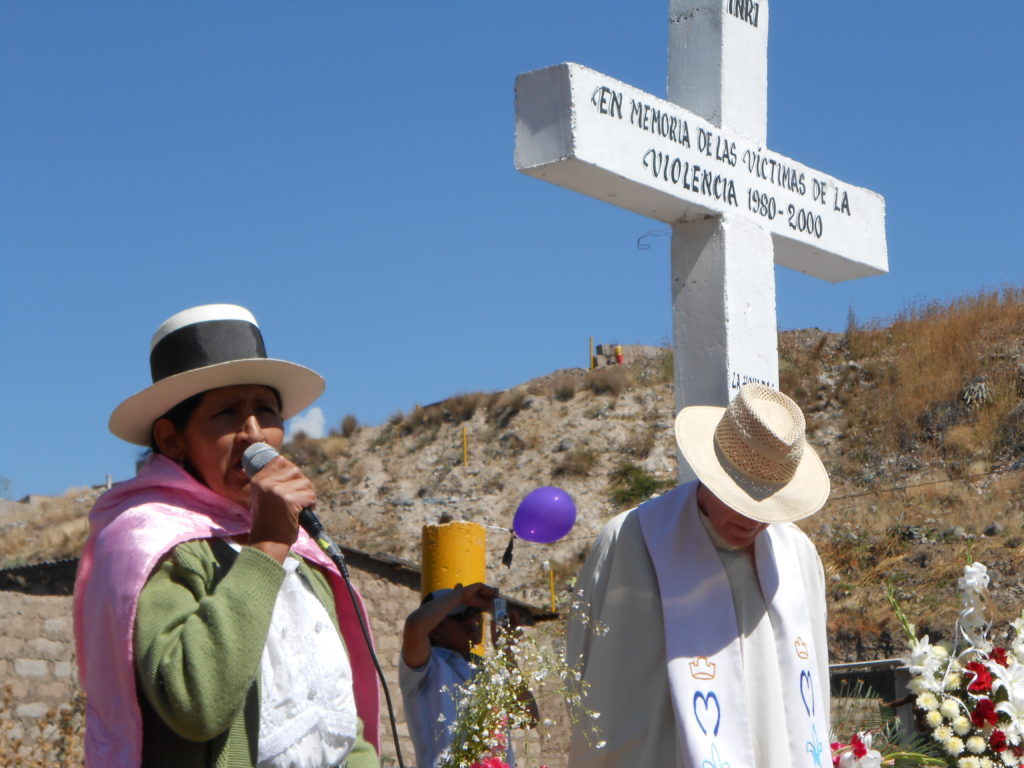
Music, Human Rights, and Transitional Justice: Toward an Activist Ethnomusicology
- Jonathan Ritter Associate Professor of Music; Director, Latin American Studies Program, University of California-Riverside
Abstract: Since the 1980s, more than 40 countries have formed “Truth Commissions” to investigate and address past human rights abuses and promote peace and reconciliation in the wake of conflict. While the success or failure of such commissions has varied widely, often in relation to the scope of their mandate and political power to demand change, they remain an important tool in broader processes of “transitional justice” that define much human rights work in post-conflict societies throughout the world today. In both formal and informal contexts, music and cultural performance frequently play an important role in these transitional justice processes, valorizing alternate forms of testimony and opening social spaces for the expression of dissent and the search for common ground. Drawing on a growing literature on the ethnomusicology of violence and memory, as well as my own research in Peru in the wake of the Shining Path conflict of the 1980s and 90s and its consequent Truth and Reconciliation Commission (2002-2003), in this talk I examine the various ways that music and performance have been incorporated into human rights and transitional justice work, and urge ethnomusicologists to consider how their particular skills and research projects might contribute to efforts to build a more peaceful and just world.
Supporters
Sponsored by: Sarah and Ernest Butler School of Music, Rapoport Center Working Group on Human Rights and the Arts, and the Society for Ethnomusicology, Southern Plains Chapter
